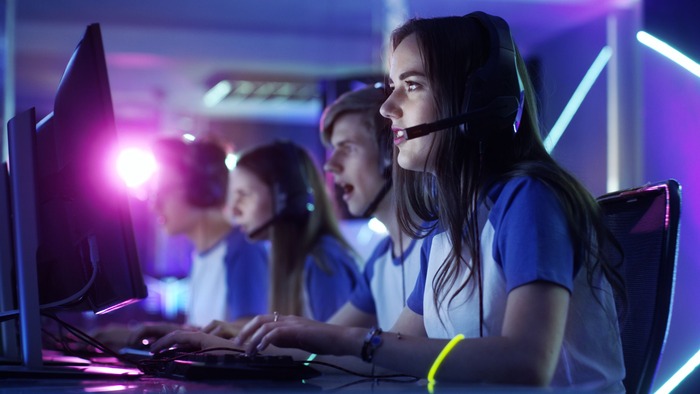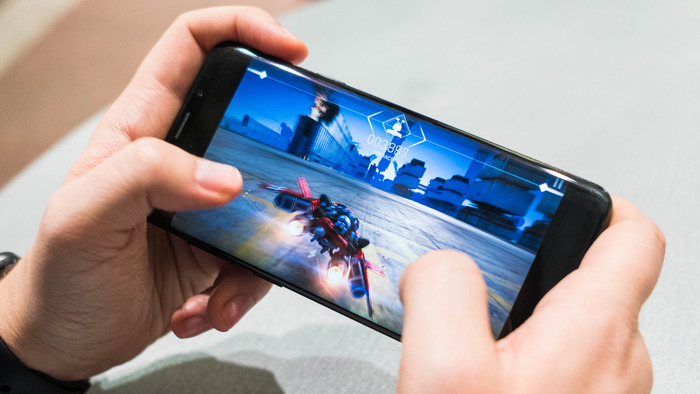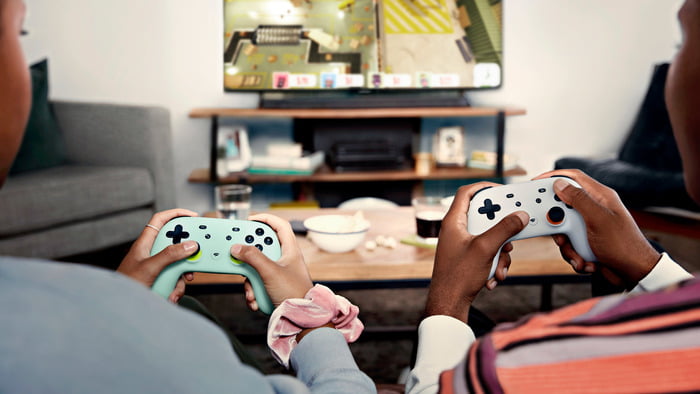The Social Aspect of Online Gaming: Communities, Connections, and Collaborations
Online gaming isn’t just about playing games; it’s a world where communities form, connections are made, and players collaborate in ways that go beyond the game itself. This dynamic world of online gaming has become a space where friendships are forged, and people from all corners of the globe come together to share experiences.
Building Communities in Virtual Worlds
In the realm of online gaming, communities are built around shared interests. Games like ‘World of Warcraft’ or ‘Minecraft’ are perfect examples. These games offer more than just a quest or a building project; they offer a chance for players to create a community. In these virtual worlds, players work together, share tips, and sometimes just hang out and chat. It’s much like a neighborhood but in the digital world.
The Role of Social Media and Forums
In the digital age, social media and forums have become the heart of gaming communities. Think of them as virtual hangout spots where gamers gather. Platforms like Discord, Reddit, and even Facebook groups play a crucial role in bringing players together. Here, they can share their love for games, discuss strategies, and even plan gaming sessions.
Imagine you’re a fan of ‘League of Legends’. You’re looking for teammates for your next match. Where do you go? You might jump into a dedicated Discord server or a subreddit. These platforms are filled with like-minded individuals who are ready to team up. It’s not just about finding people to play with; it’s about sharing experiences, discussing the latest game updates, and sometimes, just having a chat about your day.
Forums and social media groups also act as support systems. Stuck in a game? Someone in a forum might have the answer. Want to share a game achievement? Social media groups are there to celebrate with you. They are spaces where gamers can feel understood and connected to a broader community.
Online Friendships and Connections
Online gaming creates a unique kind of friendship. These friendships often start in the gaming world but can grow into something much deeper. Players find themselves building bonds with people from different parts of the world people they might never meet in person. Yet, these friendships are just as strong, sometimes even stronger, than friendships formed in real life.
In the world of online gaming, players rely on each other. Whether it’s battling together in ‘Destiny 2’, surviving a tricky situation in ‘Among Us, or building worlds in ‘Minecraft’, these shared experiences create a bond. Gaming sessions turn into regular meet-ups where players catch up, share laughs, and support each other.
These connections can be a source of real support. Players share not just gaming tips, but life advice too. They celebrate each other’s successes and offer comfort during tough times. It’s a unique kind of camaraderie born out of shared interests and experiences.
Moreover, these friendships show how gaming is more than just a pastime. It’s a means of social connection, bringing together people of different ages, backgrounds, and cultures. In a world where digital interaction is increasingly common, online gaming friendships highlight the positive side of virtual connections.
For players, these connections and communities become a significant part of their gaming experience. They’re not just playing a game; they’re part of a community, forging friendships that can last a lifetime. In this way, online gaming becomes a social activity, full of opportunities for collaboration, connection, and camaraderie.
Collaborative Play and Teamwork
Teamwork is a fundamental part of many online games. It teaches players how to work together to achieve a common goal. This could mean coordinating in a fast-paced match in ‘Overwatch’ or strategizing in a game of ‘Dota 2’. The sense of achievement and fun that comes from working as a team is a big part of what makes these games so engaging.
Gaming as a Learning Tool
Online gaming can also be educational. Many games require problem-solving skills, quick thinking, and planning. These skills are valuable in the real world too. Plus, online games can be a way to learn about different cultures and perspectives, as players interact with others from around the world.
The Impact of Online Gaming on Real-Life Social Skills
Contrary to the stereotype that gaming is an isolating hobby, online gaming can actually improve social skills. Players learn to communicate effectively, lead teams, and collaborate to solve problems. These are all skills that are highly valuable in everyday life.
The Dark Side: Tackling Toxicity in Online Gaming
However, it’s not all positive. Online gaming can sometimes be marred by toxic behavior. Harassment, bullying, and cheating can ruin the experience. That’s why many gaming communities and companies are taking steps to create safer, more welcoming environments. Reporting systems, moderators, and community guidelines are some of the tools used to combat negativity.
Esports: Taking Online Gaming to a New Level
The rise of esports has taken the social aspect of gaming to a whole new level. Professional teams competing in games like ‘Counter-Strike’ or ‘League of Legends’ have massive followings. Fans gather in online forums, social media, and even in huge arenas to watch these competitions. Esports has turned online gaming into a spectator sport.
The Role of Streaming in Gaming Communities
Streamers on platforms like Twitch have become celebrities in their own right. They create content that is not just about gaming but also about creating a community. Viewers tune in not just to watch someone play but to be a part of the chat, to interact with the streamer and with each other. It’s a unique blend of entertainment and social interaction.
Finding a Balance: Gaming and Real Life
For many, online gaming is a hobby that complements their real life. It’s a way to relax, have fun, and socialize in a different setting. For others, it might become a bit too consuming. That’s why it’s important to find a balance. Playing games is great, but it’s also important to have offline interests and connections.
Conclusion: A World of Possibilities
Online gaming opens up a world of possibilities. It’s a place where you can be a hero, an adventurer, or a champion. But more importantly, it’s a place where you can be yourself, make friends, and be a part of a community. For those who want to explore more about online gaming and its vibrant communities, visiting websites like www.betchan.com/en-CA can offer additional insights into the world of online gaming and its rich social landscape.
In summary, the social aspect of online gaming is a powerful and significant part of the gaming experience. It offers a space for people to connect, learn, and grow together. Whether you’re teaming up to take down a boss, battling it out in a competitive match, or just hanging out with friends in a virtual world.








